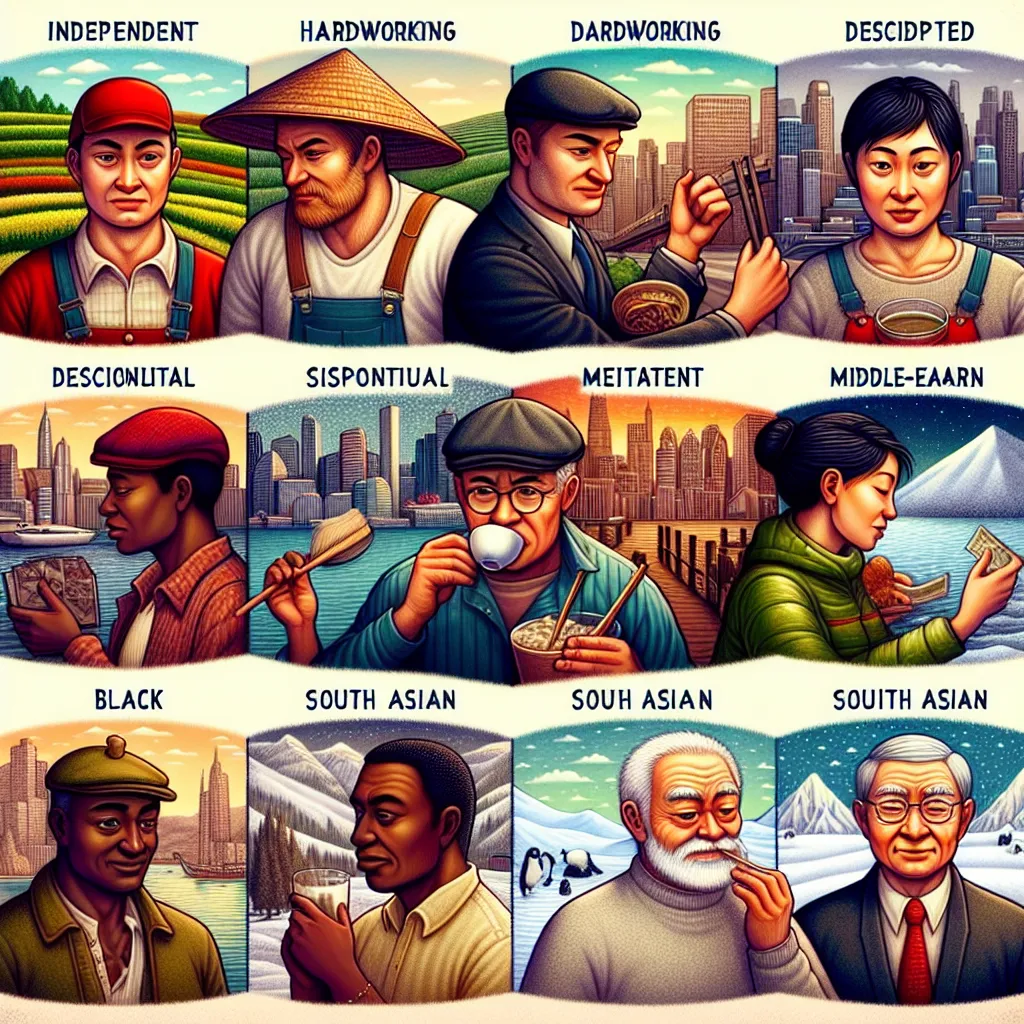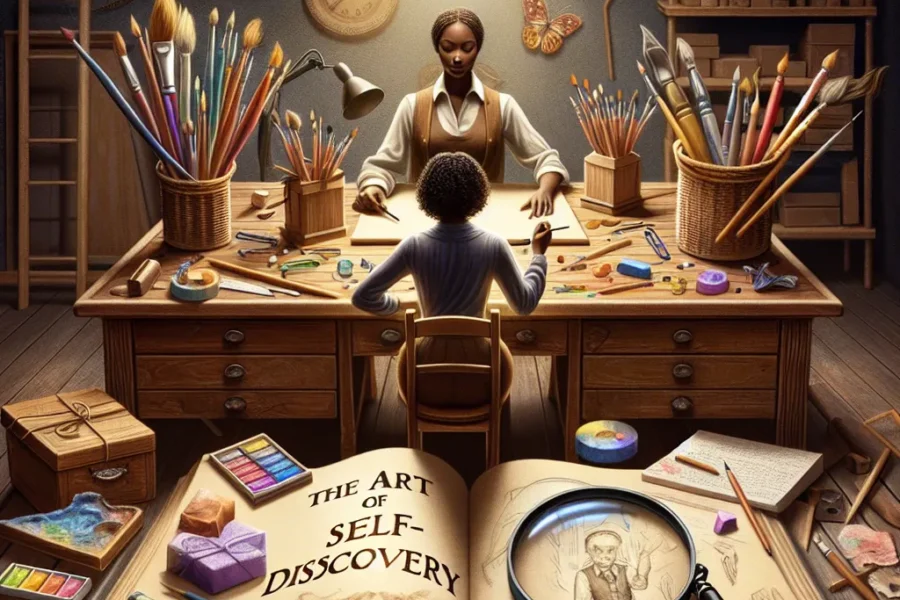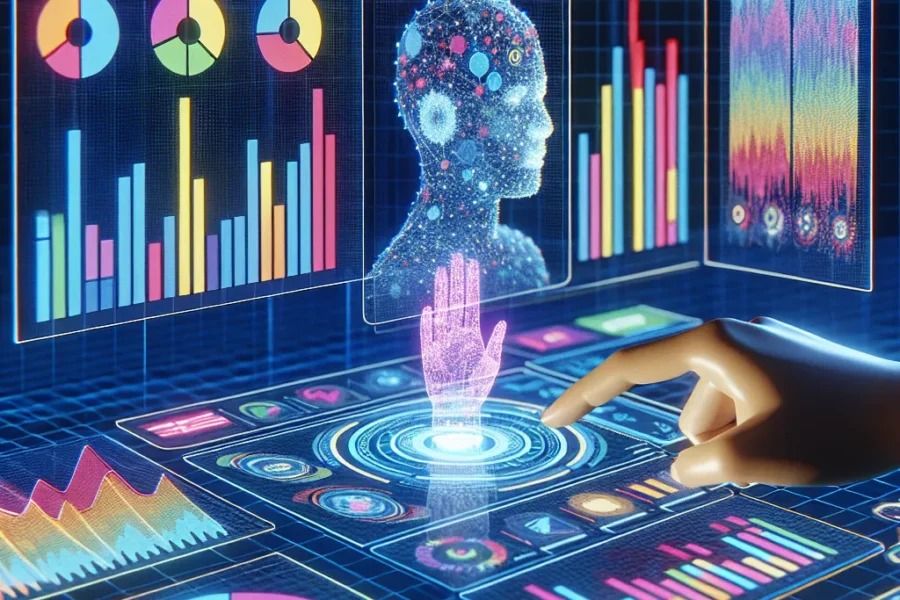Personality and Culture: How Environment Shapes Character
The intricate interplay between personality and culture has fascinated scholars, psychologists, and sociologists for decades. The character of an individual is an amalgam of their innate personality traits and the cultural environment in which they are immersed. This deep connection between one’s surroundings and their personality development reflects a dynamic process where environment consistently shapes and reshapes character.
Understanding Personality: The Core of Individuality
Personality is commonly understood as the unique set of characteristics that influences how an individual thinks, feels, and behaves across various situations. It encompasses a wide array of attributes, including emotional patterns, attitudes, and cognitive behaviors that emerge through biological and genetic factors. Early on, personality theories, such as those proposed by Freud, Jung, and Erikson, emphasized the innate aspects of personality. However, as the field evolved, the role of environmental factors became more evident. This recognition led to the consideration of culture as a critical element in character development.
Culture: The Collective Personality
Culture is the collective manifestation of the values, beliefs, behaviors, and social norms of a group of people. It represents the shared knowledge and practices that are passed from generation to generation, shaping how individuals perceive the world and interact with one another. From the languages we speak to the traditions we celebrate, culture is a pervasive force that influences every aspect of our lives.
The Reciprocal Relationship Between Personality and Culture
The relationship between personality and culture is reciprocal. While our innate traits influence how we respond to cultural norms, these same norms also play a significant role in shaping our character. For example, children raised in collectivist societies, such as Japan or China, often develop personality traits that emphasize group harmony, cooperation, and respect for authority. In contrast, those raised in individualistic societies, such as the United States or Canada, are inclined towards independence, self-expression, and personal achievement.
Socialization: The Shaping of Character
Socialization is the process through which individuals learn and internalize the cultural and social norms of their society. It is through socialization that children acquire the behaviors and attitudes necessary to function as productive members of their culture. Family, education, peer groups, and media are significant agents of socialization that contribute to the formation of character. Each agent imparts different cultural values, expectations, and roles that shape an individual’s self-concept and societal view.
Family: The Primary Agent of Socialization
The family is the first and most influential agent of socialization, providing the initial setting for cultural learning. The family introduces the child to the language, religion, customs, and traditions of their culture. Parenting styles, too, have a profound impact on character development. For example, authoritarian parenting may foster obedience and conformity, while permissive parenting may lead to higher levels of creativity and non-conformity in children.
Education: Culture’s Classroom
Education serves as culture’s classroom, where formal and informal learning experiences further refine an individual’s character. The educational system not only imparts knowledge but also cultural values, shaping students’ worldview. Curricula, teacher attitudes, and school policies influence the development of cognitive skills, social attitudes, and personal beliefs that are compatible with the culture’s expectations.
Peer Groups: The Reflection of Cultural Diversity
Peers provide a reflection of the broader culture and present an opportunity for individuals to negotiate, adapt, and sometimes challenge cultural norms. Through interactions with peers, individuals learn to balance their personal needs with the expectations of the group, leading to the refinement of social skills and the development of a socially contextual personality.
Media: The Modern Molder of Minds
With the advent of digital technology, media has become a pervasive cultural force in character development. Through television, film, music, and social media, individuals are exposed to a vast array of cultural narratives and ideologies that influence their perceptions, attitudes, and behavior. Media has the power to reinforce cultural norms or challenge them, leading to changes in the collective character over time.
Cultural Identity and Personal Growth
As individuals navigate through their cultural landscape, they develop a cultural identity that aligns with their personal experiences within their cultural context. This cultural identity is not static but evolves as individuals interact with different cultural systems, travel, or experience life changes. It fuels personal growth by allowing individuals to compare, contrast, and integrate various cultural perspectives into their character.
Adaptability: The Key to Cultural Integration
Adaptability is a critical personality trait that enables individuals to effectively navigate between cultures. It involves the ability to understand and appreciate cultural differences, adjust one’s behavior according to cultural expectations, and incorporate diverse cultural elements into one’s identity. This trait is especially important in our globalized world, where multicultural interactions are commonplace.
Culture Shock and Character Transformation
Encountering a new culture can lead to culture shock, a phenomenon characterized by disorientation and stress resulting from the unfamiliarity of the new cultural environment. It is through overcoming culture shock that individuals often undergo significant character transformation. They learn resilience, develop new perspectives, and acquire the ability to synthesize different cultural values.
The Future of Personality and Culture
As the world becomes increasingly interconnected, the future of personality development will be marked by greater cultural intermingling. The exchange of cultural practices and ideas will lead to the emergence of more complex and diverse characters, impacting individual identities and societal norms.
Conclusion
Personality and culture are inextricably linked, with the environment playing a fundamental role in shaping character. Through socialization, individuals learn and adapt to the cultural values and norms that influence their behavior and perceptions. The dynamic nature of culture ensures that personality is not a static feature but a fluid combination of innate traits and acquired characteristics molded by cultural experiences. As the world moves towards greater cultural integration, understanding the interplay between personality and culture becomes more important than ever, both for personal development and societal harmony.



Leave a Comment